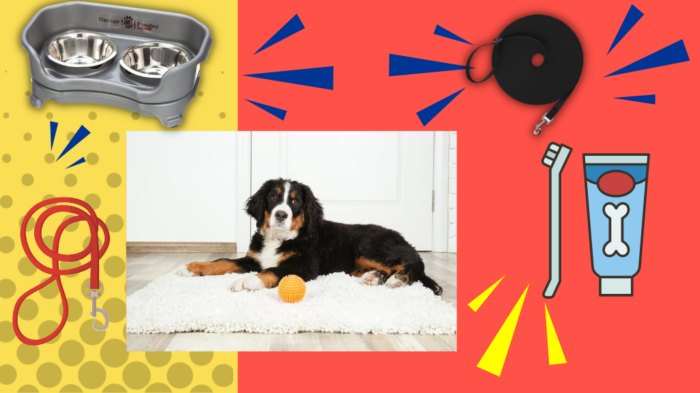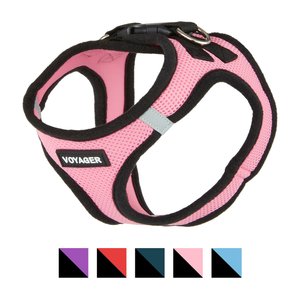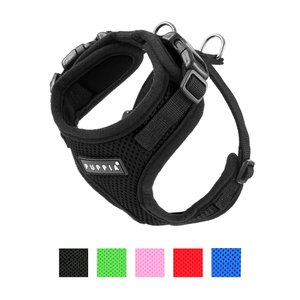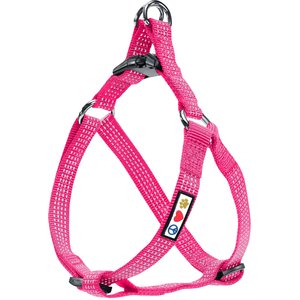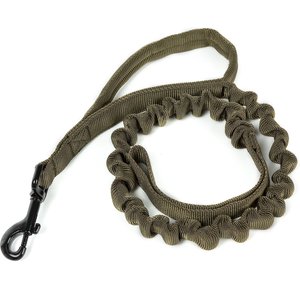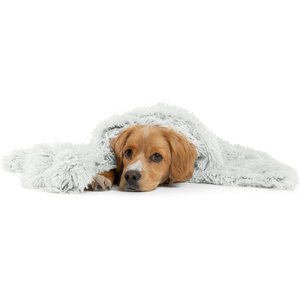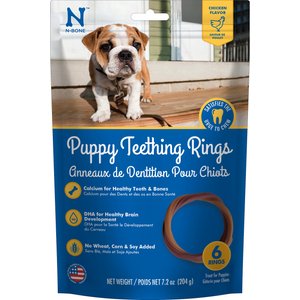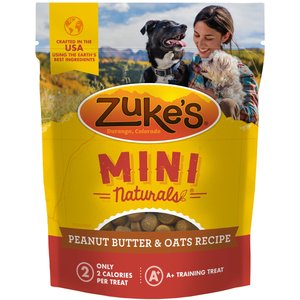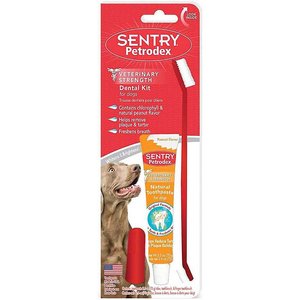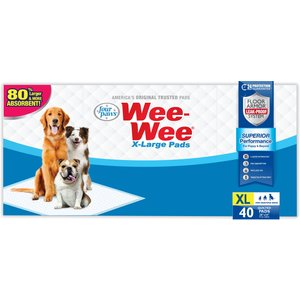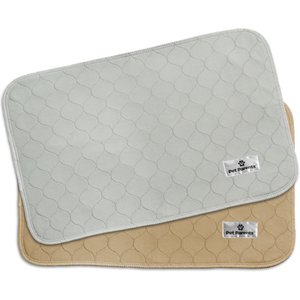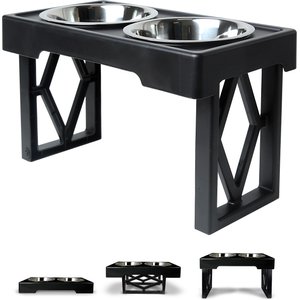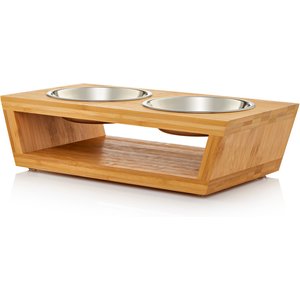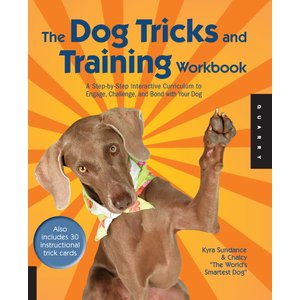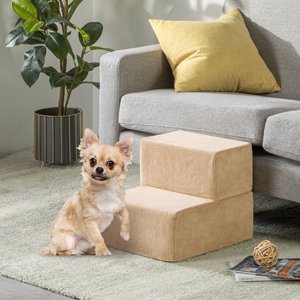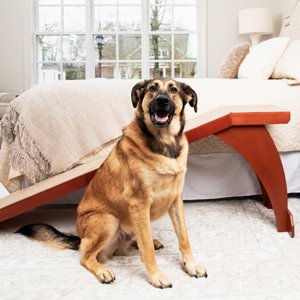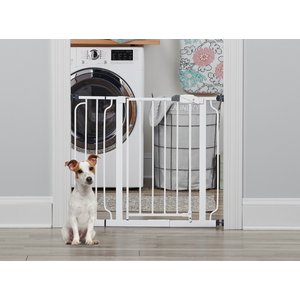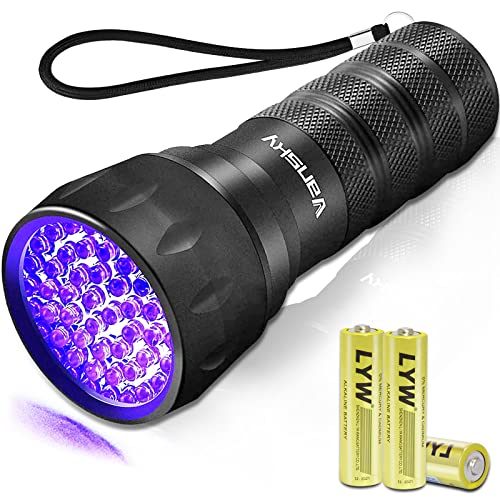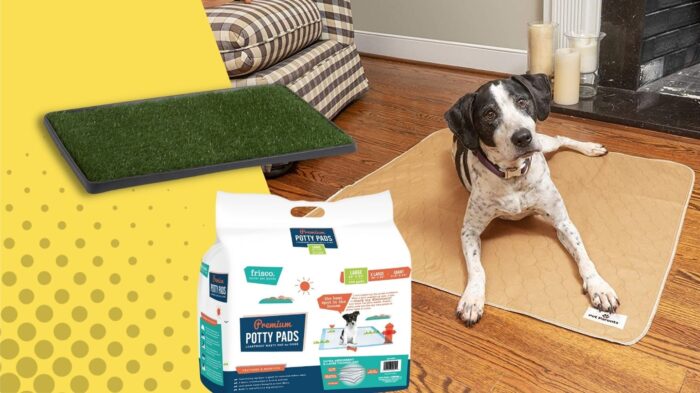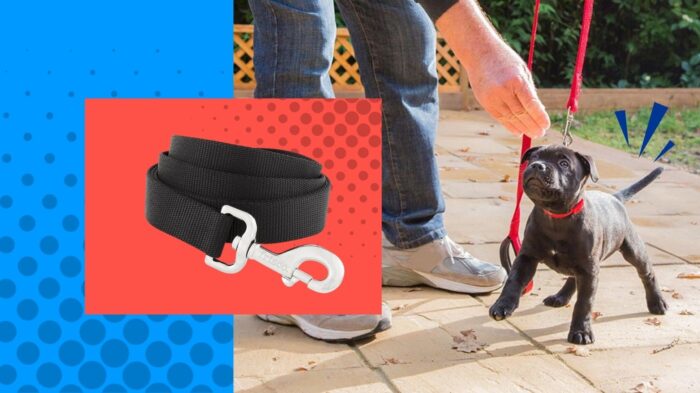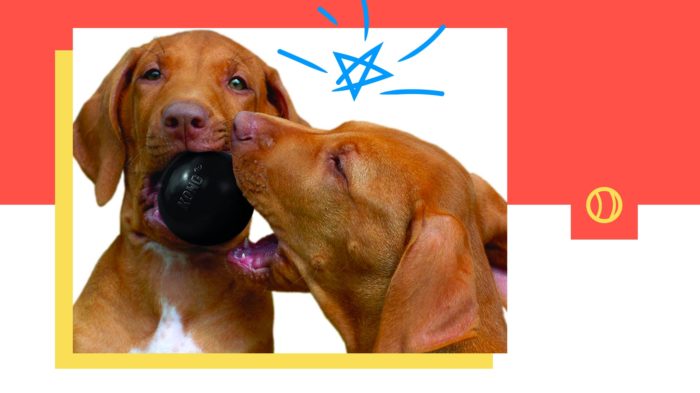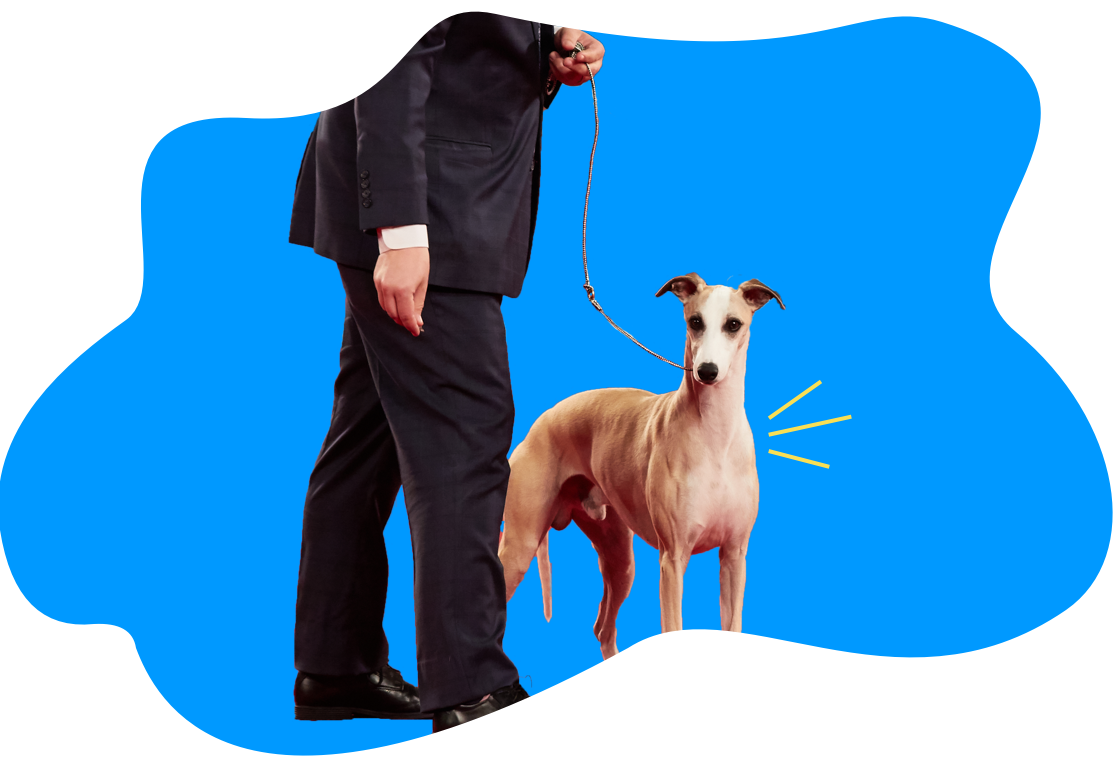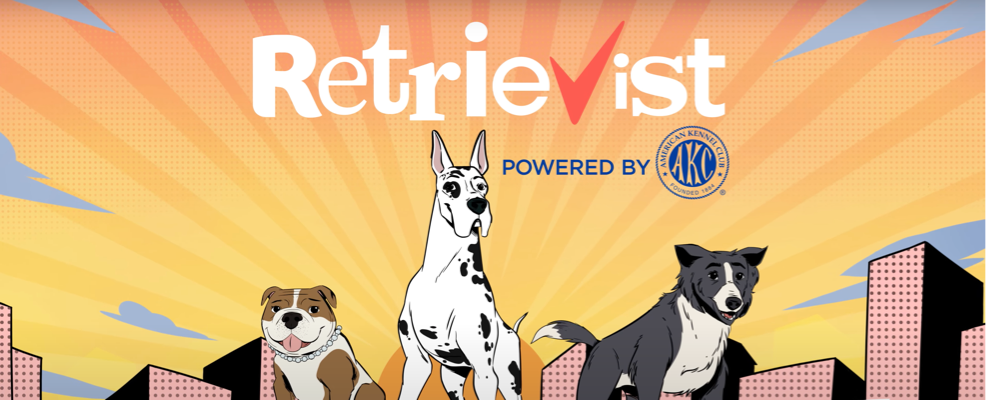







Harnesses
We'd recommend walking your puppy on a harness rather than a collar. It doesn't put pressure on the neck and will feel more comfortable all round.
Leashes
Your puppy can't go out on walks until fully vaccinated, but you can walk around your home and yard to get your pup used to walking on a leash. Start with a soft, thin, lightweight leash that won't overwhelm your puppy.
Beds
When buying a bed for your puppy, it's best to buy one that they'll fit on when fully grown to avoid needing to replace it within the year.
Chew Toys
Puppies explore the world with their mouths and have a natural urge to chew, so providing them with plenty of chew toys might prevent them chewing up your favorite shoes instead.














Treats
A good selection of treats can help you bond with your puppy, are useful for training, and provide something appropriate for your pup to chew on.
Toothbrushes
The sooner you get puppies started on an oral hygiene routine, the more accepting they are of it as adult dogs. You may want to start with a finger toothbrush and work up to a standard one.
Puppy Pads
Some people find it useful to use puppy pads during the toilet training process. Reusable options are more eco-friendly than disposable pads but do require more maintenance.
Elevated Bowls
An adjustable elevated feeder contains both food and water bowls and grows with your puppy, so you'll only ever need to buy one.














Puppy Training Books
If you're a first-time puppy owner or it's been a while since you owned a puppy, a puppy training book can help you brush up on the techniques needed to raise a well-behaved dog.
Dog Stairs
Some puppies, especially small breed pups, are too small to get up onto the couch or bed. If you want them to be able to do this safely and without your help, dog steps are a useful tool.
Pet Gate
If your puppy isn't yet on best behavior, a pet gate can be useful to restrict movement when you're not home. For instance, puppies who chew soft furnishings could be shut in the kitchen with a pet gate when they can't be supervised.
Pet Urine Detector
One of the perils of toilet training is that puppies think it's okay to go anywhere they can smell pee. Using a pet urine detector can help you find where there's residual puppy pee and remove it using an enzymatic cleaner.
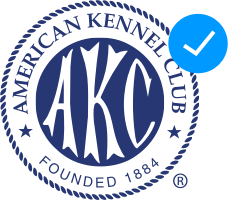

The AKC independently selected each product featured in this article. If you purchase a product through this article, we may receive a portion of the sale. While we do our best to update links often, please note that prices and deals are subject to change.

